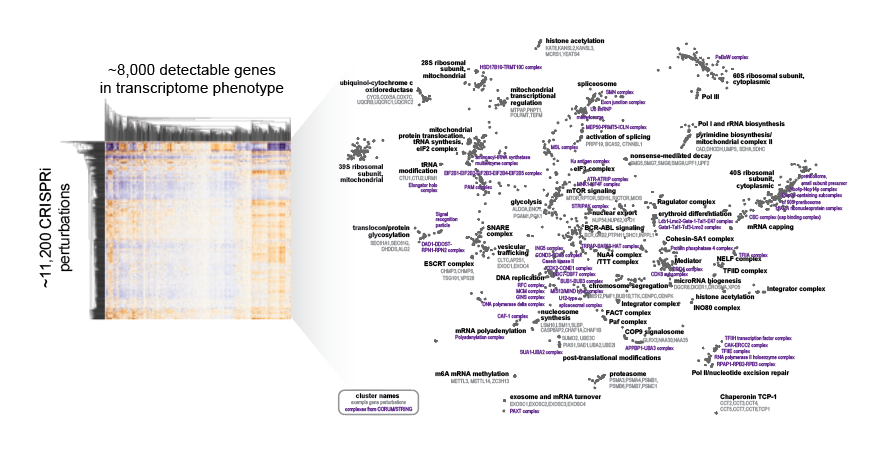The Norman Lab aims to combine large-scale functional genomics experiments with computational modeling to enable rational engineering of cell state. Our primary model system is the fibroblast, a ubiquitous and phenotypically plastic cell type that plays a role in diverse pathologies. We played a foundational role in developing the Perturb-seq approach for single-cell CRISPR screening and continue to develop new approaches to enable functional genomics experiments beyond genome-scale. Our ultimate goal is to learn principles for precisely controlling cellular behavior, with potential applications in cell therapy and disease modeling.

Updates
August 2025 Kaden and Rico’s paper on recreating fibroblast transcriptional states using CRISPRa Perturb-seq is now out at Nature Genetics! Overview here and here.
January 2025 Multiome Perturb-seq paper is out in Cell Systems. Processed data here. Protocol here.
August 2024 Kaden and Rico’s preprint on recreating fibroblast transcriptional states using CRISPRa Perturb-seq is out! Overview here.
July 2024 Eli and Kaden’s preprint on Multiome Perturb-seq is out! Overview here.
July 2022 Genomewide Perturb-seq, joint with Weissman Lab, is out in Cell! Raw and processed data available here.
